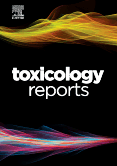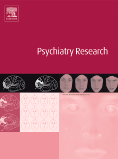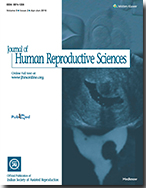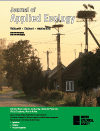 A child psychiatrist has lost two papers after an institutional investigation concluded that she intentionally misrepresented children’s medication history in her research.
A child psychiatrist has lost two papers after an institutional investigation concluded that she intentionally misrepresented children’s medication history in her research.
In November 2015, we reported on a retraction for Mani Pavuluri in the Journal of Psychiatry & Neuroscience following a probe at the University of Illinois at Chicago, her institution, which concluded that there was a “preponderance of evidence” that Pavuluri had committed misconduct.
After an “unanticipated event” took place during a study, three studies by Pavuluri were halted and a letter was sent out to 350 research subjects, informing them of errors in the work. At the time, the Illinois spokesperson noted that Pavuluri — who, according to her LinkedIn page, is a Distinguished Fellow of the American Academy of Child and Adolescent Psychiatry — was also asked to retract two 2013 studies in the Journal of Affective Disorders. Those papers have now been retracted, noting that Pavuluri “intentionally and knowingly” misrepresented children’s medication history.
Here’s the retraction notice for “Deficits in emotion recognition in pediatric bipolar disorder: The mediating effects of irritability:” Continue reading Child psychiatrist flagged for misconduct loses two more papers



 The University of Cologne has conducted an investigation into the research of Tina Wenz, and determined that six papers should be pulled due to scientific misconduct.
The University of Cologne has conducted an investigation into the research of Tina Wenz, and determined that six papers should be pulled due to scientific misconduct.



